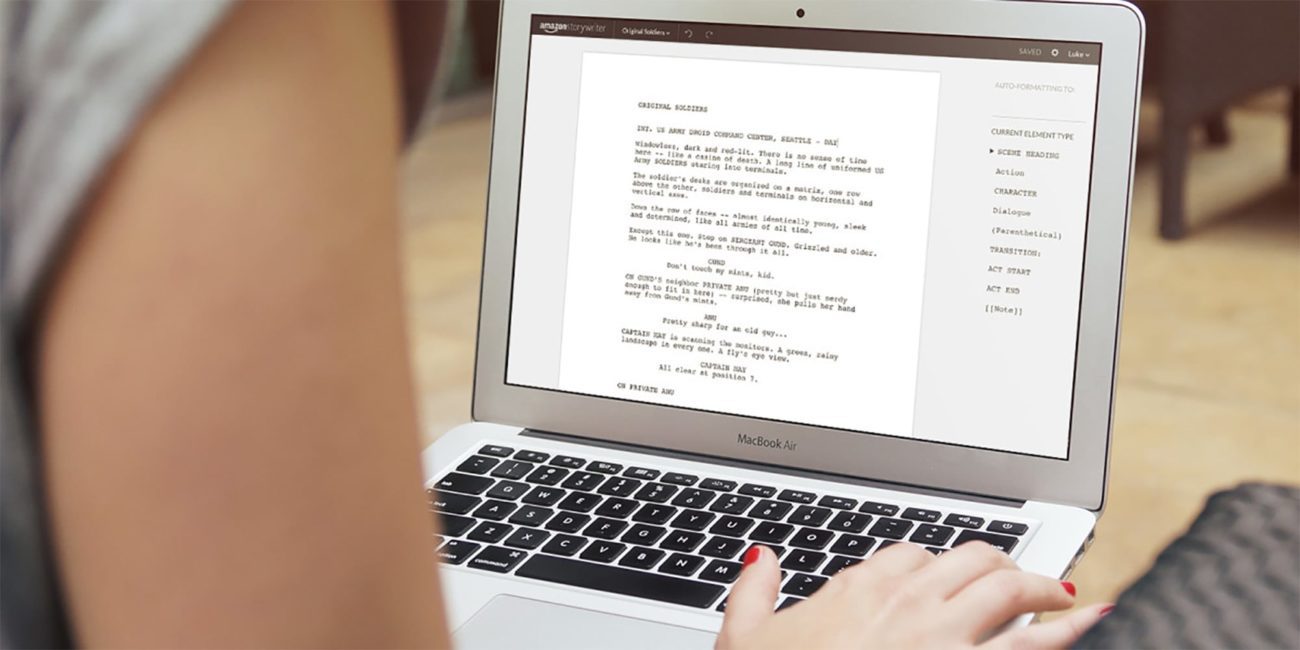
The script doctor: What is a script supervisor and why do you need one?
If you’re making a film, you need a few things (money being one, but let’s not be too unrealistic here). We’re going to assume you’re the director, so you’re going to need a producer, a DOP, actors, lights (and someone who knows how to use them), a sound department, a script writer, and a script supervisor. If you think you don’t need the last one, you might want to change your mind. A script supervisor is an important part of the team and when you inevitably move up in the biz and become a big shot in Hollywood, they are a non-negotiable part of the team. So what exactly do they do and why do you need one?
What does the script supervisor do?
It’s the script supervisor’s role to monitor whether it is possible for each scene to be edited into a verbally and visually coherent sequence. Film & TV dramas are usually shot entirely out of script sequence. The script supervisor ensures that the finished product makes continuous verbal and visual sense. They work as part of the camera department.
Pre-production
During the pre-production stage, the script supervisor will check the script for any errors or inconsistencies and prepare estimated running times. He or she develops the story synopsis and character breakdowns and checks the shooting schedule to ensure the required scenes will be shot and covered from all required angles, distances, etc. The script supervisor also attends the pre-production meetings to feed back any identified issues and record detailed timings during rehearsals to add to the shooting schedule.
The shoot
During the shoot, the script supervisor works closely with the director to anticipate any potential problems. This means keeping detailed written and photographic records of dialogue, action, costumes, props and set design, all camera and lens details, and all slate and scene number information, so that when different takes are edited together, the world of the film is not disrupted by any continuity errors. These records provide an invaluable resource for directors and editors, enabling them to assess the coverage.
On each day of principal photography, script supervisors file their record of the previous day’s shoot and prepare all paperwork for post production. During filming, they closely monitor the script to check that no dialogue is overlooked and to cue actors if and when necessary.
Working with others
The script supervisor will liaise closely with other departments about continuity regarding sound, costume, makeup & hair, props, and lighting. Where pickup shots are required, he or she provides actors with dialogue start points and exacts continuity details. They will also re-type scripts to reflect any major dialogue changes and markup scripts with all other relevant details for the post-production stage.
Other duties include producing daily continuity reports, editors’ daily log sheets, and daily production reports, as well as providing the production team with records of the requirements for any outstanding shots or inserts.
So there you have it – still think you don’t need one? We thought not. And if you’d like to be one, script supervisor Maggie Unsworth (Great Expectations) who worked with the late, great David Lean (Doctor Zhivago) was once described as “calm and wonderful . . . part Mother Teresa, part Mother Hen.” If you can do that, you’ll make a great script supervisor!




